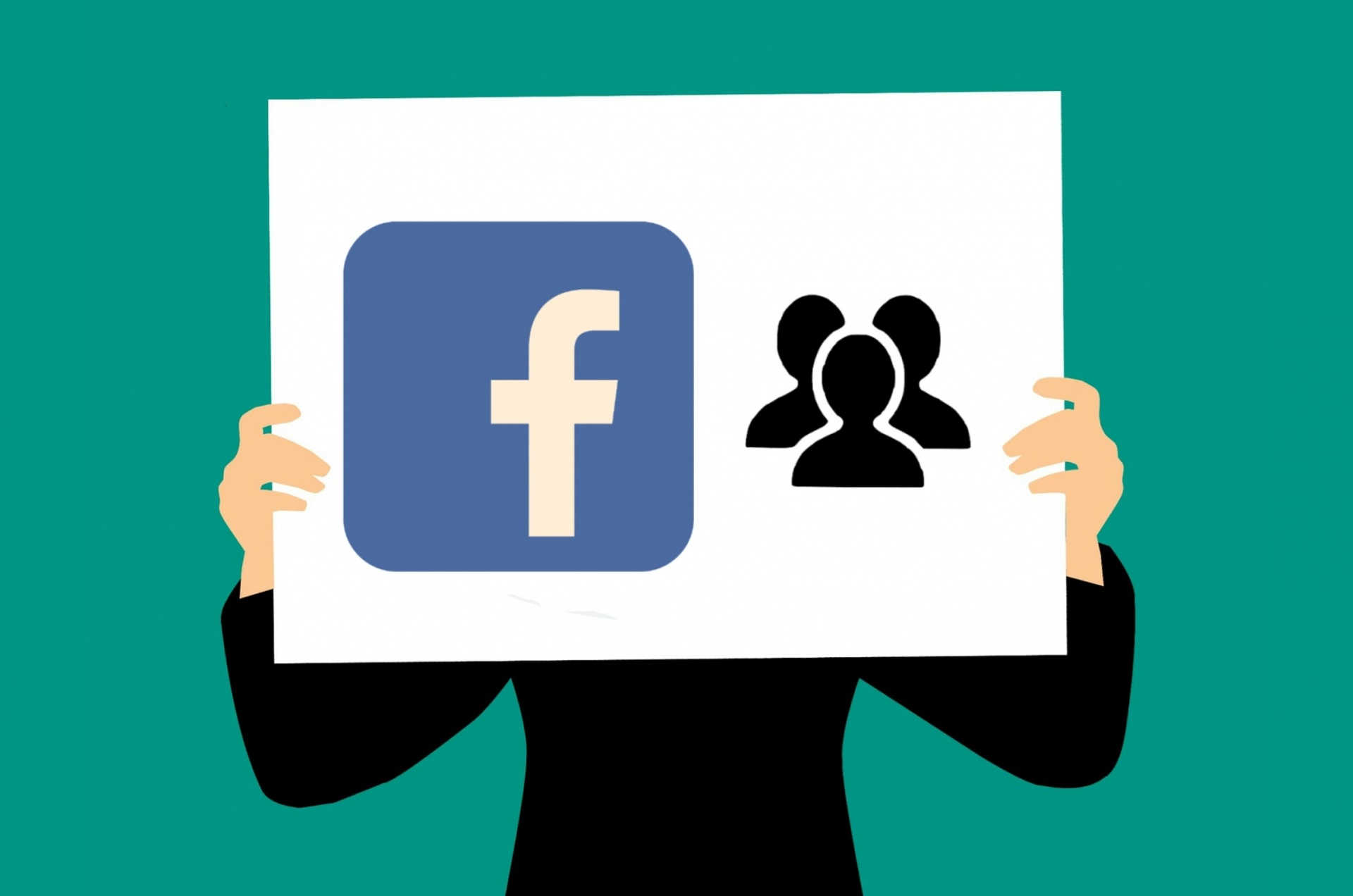Facebook Connecting the World in the Digital Age
Sign Up To Facebook
Facebook, founded in 2004 by Mark Zuckerberg and his college roommates, has become synonymous with social networking, transforming the way people connect and communicate on a global scale. At its core, Facebook is a robust online platform that facilitates the creation of personal profiles, allowing users to share their lives, interests, and experiences with friends, family, and a broader network.
The hallmark of Facebook is its user-friendly interface that enables individuals to post text updates, photos, videos, and links, creating a dynamic and personalized digital presence. Users can customize their profiles, curating a virtual identity that reflects their personalities, passions, and relationships. This personalization extends to privacy settings, empowering users to control the visibility of their content and manage who can access their information.
The concept of "friending" lies at the heart of Facebook's social architecture. Users can connect with friends, colleagues, and acquaintances by sending or accepting friend requests. This interconnected network allows for the seamless sharing of updates, fostering a sense of closeness among individuals separated by physical distances.
Beyond personal profiles, Facebook hosts an array of features and functionalities that cater to diverse user needs. The News Feed, a central component of the platform, aggregates and displays content from friends and followed pages in a chronological order, ensuring users stay informed about the latest activities and updates within their network. The 'Like' button and other reaction options provide a quick and expressive way for users to interact with posts, offering positive reinforcement and engagement.
Facebook Groups serve as virtual communities, bringing together individuals with shared interests, hobbies, or goals. This feature facilitates discussions, event planning, and the exchange of ideas among like-minded individuals. Pages, on the other hand, are designed for businesses, public figures, and organizations to establish an official presence on the platform, connecting with their audience and disseminating information.
As a multimedia-rich platform, Facebook has evolved to support the seamless sharing of photos and videos. The introduction of features such as Albums, Stories, and Live Video has enhanced the visual storytelling capabilities of users, making Facebook a dynamic space for capturing and sharing moments in real-time.
In addition to its social functions, Facebook has played a significant role in shaping online advertising and marketing. The platform's sophisticated advertising tools enable businesses to target specific demographics, maximizing the reach and impact of their promotional efforts. This has transformed Facebook into a powerhouse for digital advertising, connecting brands with a vast and diverse user base.
Despite its global success, Facebook has not been without controversy. Issues related to user privacy, the spread of misinformation, and the platform's influence on public discourse have prompted scrutiny and calls for increased regulation. Facebook has responded by implementing measures to enhance user privacy controls, combat misinformation, and promote transparency.
In summary, Facebook stands as a digital behemoth, revolutionizing the way people connect, communicate, and share information in the 21st century. Its impact on social interactions, business dynamics, and global communication is unparalleled, marking it as a central player in the ever-evolving landscape of the digital age.


0 Comments